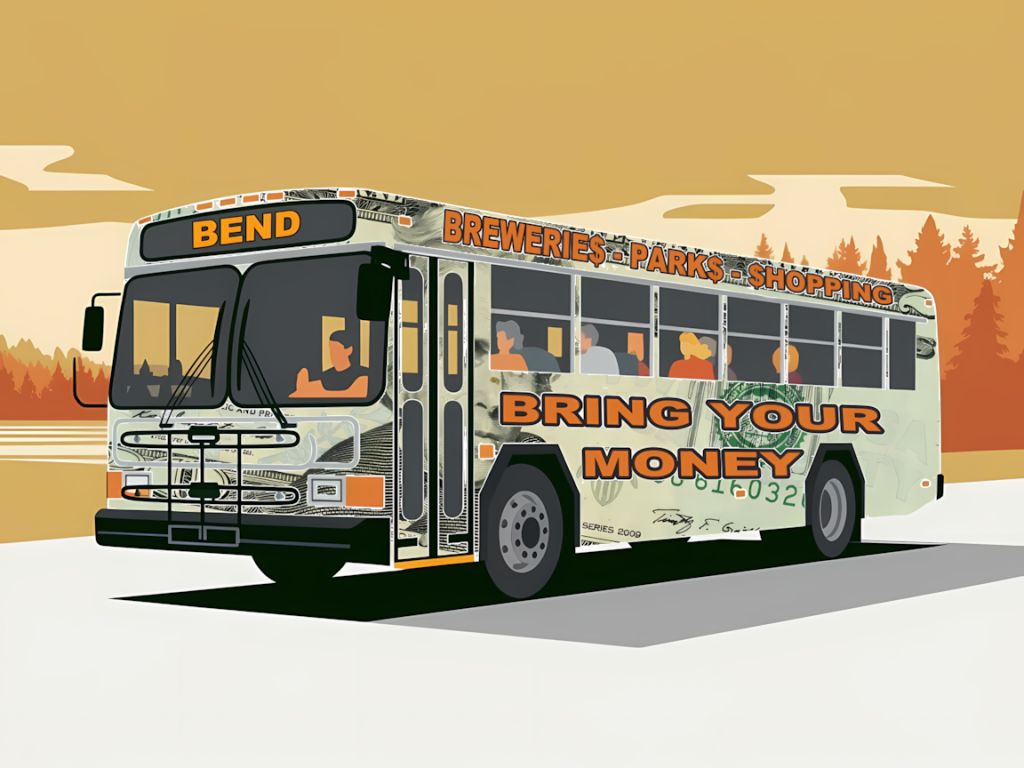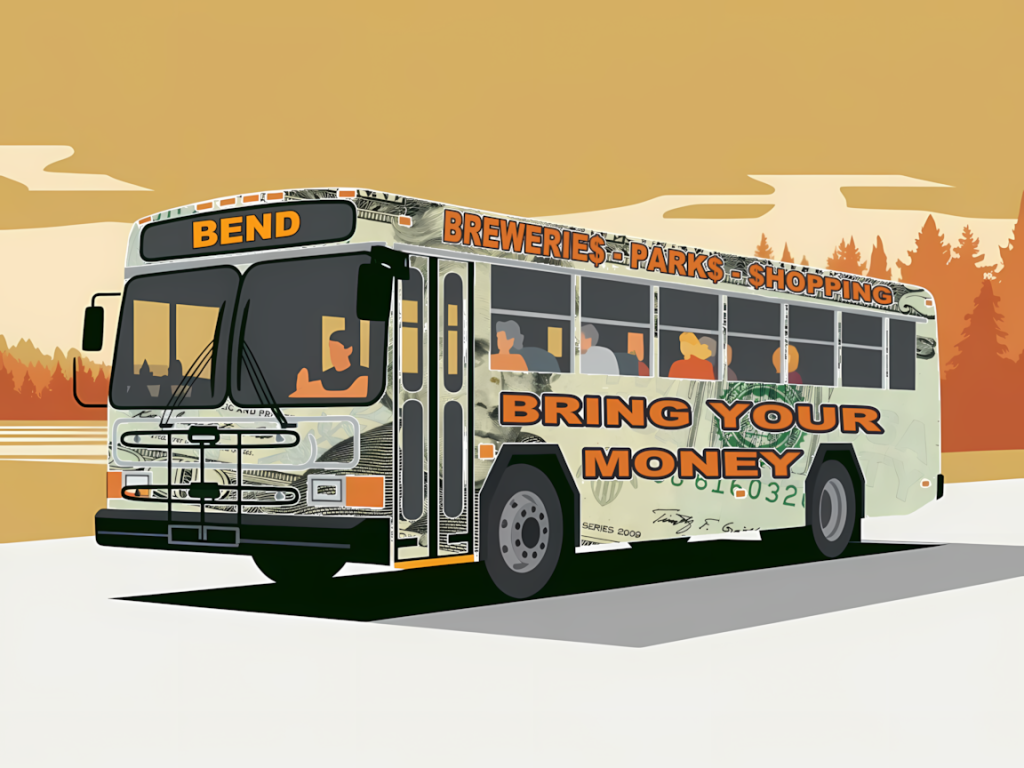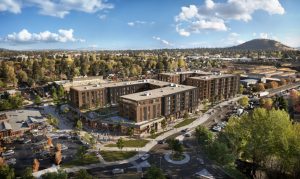
The recent announcement that Central Oregon buses will no longer be free to ride this fall has sent ripples through our community. This decision, which seems to have caught many by surprise, raises numerous questions about the future of public transportation in our region.
While the proposed fare of $1 per ride or $30 for a monthly pass appears reasonable on the surface, we must dig deeper into the implications of this change. The transit agency’s claim that charging fares will help improve service and expand routes is, at best, questionable and remains to be seen. We’ve heard such promises before, and the burden of proof lies squarely on the shoulders of those making these claims.
Perhaps the most concerning aspect of this shift is its potential impact on our low-income residents. In a time when the cost of living in Bend continues to rise, adding another expense, however small, could be the proverbial straw that breaks the camel’s back for many struggling families. Public transportation often serves as a lifeline for these individuals, and we must ensure that this lifeline remains accessible.
There’s no denying that public transportation is a crucial feature for growing cities like Bend. As our population expands and our streets become increasingly congested, efficient and accessible public transit becomes not just a convenience, but a necessity. However, recent discussions on social media platforms like Reddit reveal that our current system falls short in many areas. Residents and visitors alike have pointed out the need for more frequent buses, extended operating hours, and routes that better connect key areas of our city, including breweries, hotels, and popular outdoor spots.
While the transit agency claims that charging fares will help improve service and expand routes, this promise is met with skepticism by many in our community. The current system, which runs buses only once an hour and ceases operations around 5 PM, is clearly inadequate for a growing city like Bend. Some locals have resorted to combining bus rides with biking for better mobility – a creative solution, but one that shouldn’t be necessary in a well-functioning public transit system.
As we consider the implications of reintroducing fares, we must also look at how this change aligns with our city’s long-term vision for sustainable urban development. Will charging for rides discourage use of public transportation and push more people towards cars, ride-sharing services, or taxis? This could potentially exacerbate our traffic congestion issues and work against our sustainability goals.
Of particular concern is how this change will affect vulnerable populations such as seniors, students, and low-income individuals. Again, we should be looking to other cities for guidance on how to implement fare systems that include provisions for these groups. Reduced fares, sliding scales based on income, or partnerships with local businesses and institutions could all be potential avenues to explore.
Lastly, we must consider the unintended consequences of this decision. There’s a real possibility that the introduction of fares could drive some users towards alternatives like taxis and ride-sharing services. While this might seem like a personal choice, the cumulative effect could be an increase in traffic on our already congested streets, directly contradicting our city’s goals for reducing traffic and promoting sustainability.
In conclusion, while the reintroduction of bus fares in Bend may be seen as a necessary step by some, it’s clear that this decision comes with a host of challenges and potential pitfalls. As we move forward, it’s crucial that our city leaders engage in transparent dialogue with the community, carefully consider the impact on our most vulnerable residents, and remain open to creative solutions that can keep our public transportation system both accessible and sustainable.
Moreover, this change should be seen as an opportunity to address the longstanding issues with our bus system. If fares are to be charged, riders should expect significant improvements in service frequency, operating hours, and route planning. The path forward may not be clear, but with careful consideration, community involvement, and a commitment to real improvements, we can ensure that Bend’s public transportation evolves to truly serve all its residents effectively.









